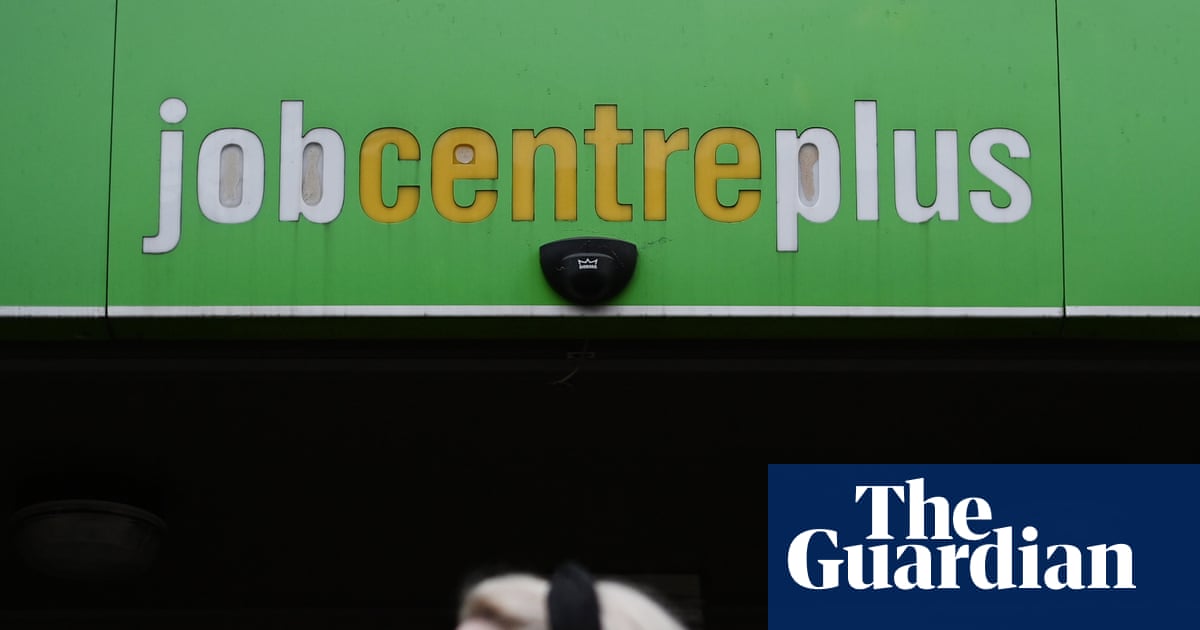Paris is the fashion capital of the world – a paradise of couture and craftsmanship stretching back centuries. The city’s very name connotes luxury and glamour. But last Wednesday, 5 November, a sprawling Shein outlet opened on the sixth floor of the BHV Marais, the historic department store directly across from Paris’s city hall. It’s the Singapore-based ultra-fast-fashion store’s first permanent bricks and mortar retail space, and the first of several permanent outposts Shein plans to open in France in the near future. Many Parisians aren’t happy about it.
Shein – launched as SheInside in 2011 in Nanjing, China – is the reprehensible paragon of the ultra-fast-fashion industry. The company sells clothing (and home goods, toys, stationery, cookware, blankets, pet supplies and more) at an unfathomable scale: today’s “new in” page alone lists more than 1,300 items, from shiny gold shirts in its “Manfinity Mode” category, to plunging, plus-size swimsuits under the sub-brand “Slaysola”. Nearly everything on the site is made of plastic, designed for single-use disposability, and it’s all shockingly, disturbingly cheap.
Shein is an economic affront to France’s fashion industry and labour market, and the French government has been going after the company for years. In 2023, at the urging of two French MPs, the French branch of the intergovernmental Organisation for Economic Co-operation and Development (OECD) launched an investigation into Shein’s human rights, labour law and environmental violations, finding in 2025 Shein failed to uphold OECD standard in these areas. (Shein rejected claims it had breached any EU legislation, and questioned the neutrality of the investigation). In 2024, the French lower house of parliament approved a bill penalising fast fashion companies for environmental impacts; this June, the Senate passed a modified version of the bill, singling out Shein and other ultra-fast fashion companies as particularly egregious offenders. In the past three months, France has fined Shein nearly €200m for consumer protection violations and “misleading discounts”. (Shein contests the fines.)
Most significantly, last Wednesday – motivated by the discovery of both “childlike” sex dolls and weapons for sale on Shein’s website – France’s prime minister, Sébastien Lecornu, moved to block the company’s e-commerce entirely. Immediately, the government suspended all Shein deliveries and flagged more than 200,000 packages for customs investigation. Deliveries were resumed by the weekend after Shein removed the offending products, although the PM noted that “Shein will remain under close surveillance by state services.” The concurrent timing of the attacks on Shein’s e-commerce and the new BHV Marais storefront seems intentional: it’s a strategic and effective approach designed to hobble the company at all points.
The presence of Shein in France is more than an economic affront – it’s a cultural one, too. Shein stands in direct opposition to values the French stereotypically hold dear: artistry and durability, sustainability and chicness. BHV Marais staff, bolstered by support from the major French trade unions, have staged numerous strikes and demonstrations in recent weeks, and several independent retailers have pulled their products from the department store in protest. More than 100,000 French citizens have signed an online petition opposing Shein’s presence in the city. And on opening day, protesters with anti-Shein signs were forcibly removed from the store by police. The French fear Shein’s impact on the economy and labour markets, but also what the brand stands for: dirt-cheap clothing, at the expense of ethics.
Yet for all the protests, fines and resistance, there’s a reason Société des Grands Magasins (BHV’s owner) has leased its retail space to Shein: it knows Shein’s shoddy, ultracheap and unethical clothes will sell. Shein is the fifth-largest clothing retailer by volume in France, celebrated as an accessible retailer for trendy fashion. Behind the rows of protesters on Wednesday carrying signs reading “SHAME ON SHEIN” stood hundreds of Parisians, waiting patiently in line to enter Shein’s new, permanent, super-cheap emporium. They left carrying bulging shopping bags of polyester sweaters and shimmering going-out tops, muted pastel workwear and plastic, faux-leather winter coats. Most likely, they felt they had scored a bargain.
Behind those low prices are enormous, insurmountable costs. There are the costs to the environment. There are the costs to garment workers: paid pennies to toil, unendingly in factories that supply Shein products the world over. There are the costs to independent designers, whose work has regularly been ripped off by Shein. And there are the social, cultural costs, too: the lesson that clothing is worth so little, and the expectation that our garments are temporary.
France’s regulatory attacks on Shein – and labour’s decisive, united opposition to the company – are powerful, necessary measures. By making it harder to purchase from Shein through corporate regulation, we can discourage the growth of ultra-fast fashion and limit its power in the market. Social pressure, led by workers arm-in-arm with consumers, may be an even more powerful weapon – when buying from Shein is widely considered shameful, no one will want to be caught in a Slaysola bathing suit.
Still, the fight against fast fashion is ultimately a slow one. To truly defeat Shein, we must radically re-evaluate and reorient our relationship to clothing. We must learn to love the clothes we already have. We can dampen the environmental impact of textile manufacturing by committing to buying only secondhand. We must learn to mend things and invest care in our clothes, instead of disposing of them at the first signs of damage. Along the way, we must fight for better working conditions and better pay for garment workers everywhere.
after newsletter promotion
France’s ever-growing opposition to Shein, and ultra-fast fashion more generally, is an encouraging model for governments and citizenry everywhere. As individuals, we do not have to accept the domination of fast fashion; as collectives, our voices are even more powerful. A better world – and a better outfit – is possible.
-
Nicole Lipman is a writer and assistant editor at n+1

 3 months ago
109
3 months ago
109

















































